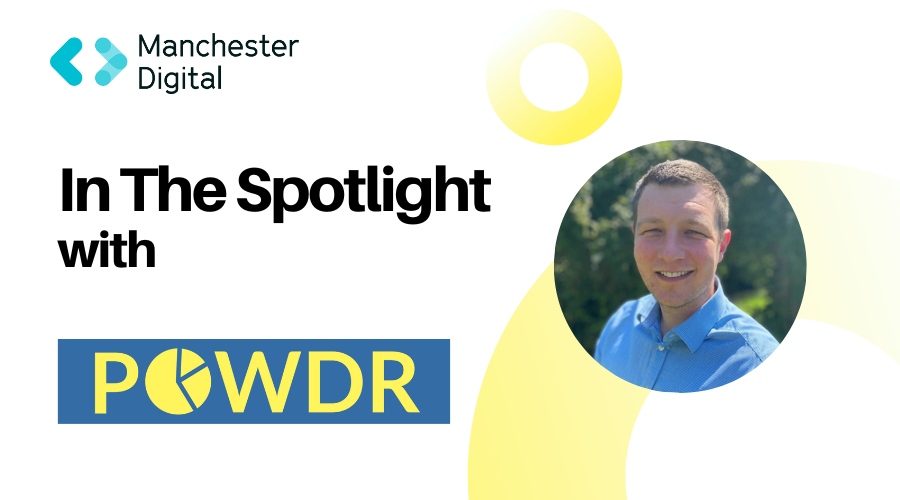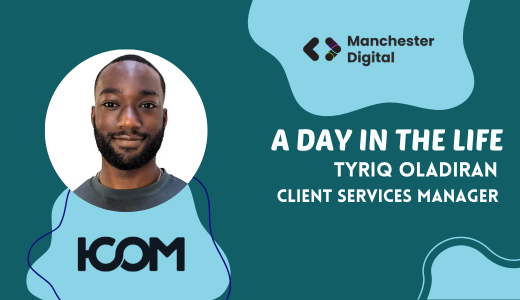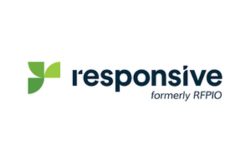
At Manchester Digital, we like to interview our members to find out a bit more about what they do and their work in the Greater Manchester digital and technology sphere. This week we're speaking with Joseph van Gelder, Chief Executive Officer and Co-Founder of Powdr.
What originally inspired you to start Powdr and provide this type of financial modeling support, especially for early-stage companies?
I used to work as a portfolio manager in a bank, working with SMEs that needed to raise debt, needing to make important lending decisions based (almost entirely) on the information the SME supplied. Nine times out of ten, the information was so poor, or so poorly explained, that made it really difficult for me to support the management team’s debt request.
At the bank I couldn’t do anything about it (it would be a conflict of interest), so I retrained as an accountant and developed my own financial modelling techniques to help businesses articulate their business plans correctly to banks and investors, giving the businesses much higher success rates in achieving what they wanted. This process, however, was time consuming and labour intensive. It meant that small businesses and early-stage companies couldn’t afford this really important professional support.
As a result, and after two years of development, I built our proprietary financial modelling software with the express aim to make this process easy, flexible and affordable to ALL businesses regardless of size. We want to support small businesses and early stage companies raise the debt and equity they need, and provide management teams with best in class forecast and analysis tools.
Could you share an example or two of founders/startups you've worked with where your services had a clear business impact for them?
Recently we had an InsuranceTech business who asked their lender for more debt. We built them a first draft of their model in 24 hours, helped them prepare a reasonable forecast by asking questions as if we were the bank, and analysed some key balance sheet issues that the lender would have queried had we not been proactive. We presented the forecast with the management team to the lender on day 4 of the process and ultimately through using Powdr they successfully acquired the debt they needed.
Away from raising debt, we recently helped a fashion business understand their working capital cycle through the model, which meant they could see their seasonal cash low points clearly. We were able to create multiple scenarios through duplicate models so they could see the direct impact on cash (not just profit) of different revenue strategies. They have reasonably complex bank facilities (an invoice discounting line and import loan) and we were able to model those too. They now have a model they can update and play with each month to help them always stay on top of their cash flow situation.
As you engage more with the Manchester digital community, what is the biggest challenge you still see with how data and financial planning tools get used?
Early stage companies change almost on a daily basis (we know first hand!). Traditional excel tools are expensive to implement, fragile and inflexible. By the time it is built, the information can be out of date, the consultant that built it for you has gone and the excel is useless. We built Powdr to be instantly updatable, unbreakable and user-managed to combat this.
Even more than this, we want to change businesses’ cultural attitude to forecasting to make it a regular, monthly exercise. It’s vital – no matter what industry or stage you are in – to constantly assess your progress against plan and determine what your latest results mean for your forecast.
If this was the case the impact on the overall economy would be huge. We would see reduction in business failures, an increase in lending and investment, and lower interest rates due to investors having higher confidence levels in their financing decisions.
If you could pick one main thing all entrepreneurs should focus on or understand when making business plans and financial forecasts, what would it be and why?
Make sure the story is really clear in any output you build and the actions that you – as a management team – are taking to positively affect the business. For example, “next year inflation is forecast to be 6%, we’ve factored that into all our costs, so our margin is forecast to reduce. Packaging costs, however, are decreasing by 2% year on year because we’ve recently switched supplier to make a 5p saving per unit sold”
For very early-stage companies, the focus will be on how you will generate revenue and how you will manage your costs. Use your KPIs to drive your forecasts, as this will link you actions to the numbers you present - How many subscribers will I bring in each month? What price will we charge them each month? Do we have enough people to support our users.
For your own business, what is the primary goal or area of growth you are focused on in the coming year?
Over the next year we hope to build out our team – particularly software developers to help manage a tonne of new, powerful features that we have in pipeline and customer support agents to help our growing user base!
We also can’t wait to get more involved with Manchester Digital and hopefully work with some of the community.
Thank you Joseph!
To find out more about Powdr click here.









